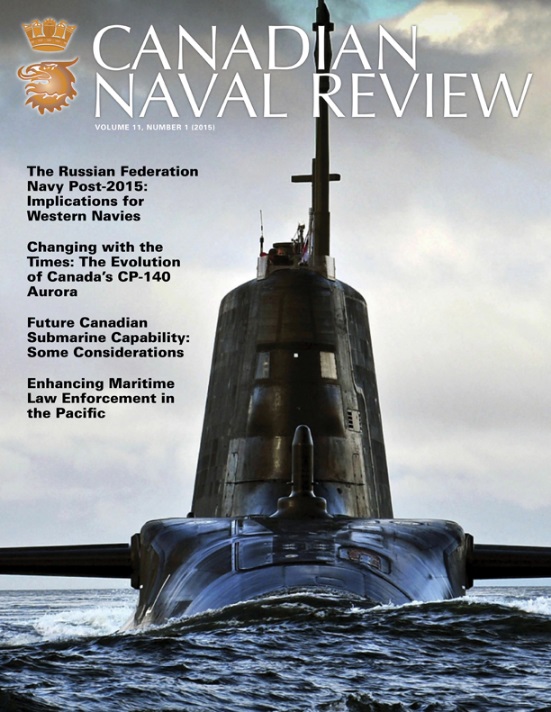CNR, Vol. 11, No. 1 (2015)
Abstract
Both maritime cooperation and security in the seas of the Asia-Pacific region can be improved by enhancing cooperation mechanisms for Coast Guard-type maritime forces. Of course navies also often serve in constabulary roles – indeed for many smaller navies, such roles comprise the majority of their missions – but the focus here is on Coast Guards. Crimes at sea, including piracy, smuggling (of people, drugs and arms), fisheries crimes, etc., are a serious concern for all the states in the inherently maritime Asia-Pacific region. Coast Guard-type forces have an important role to play in countering these crimes at sea, but effective results in the seas of this region often require more than just national-level efforts. Although capacity-building of national Coast Guard forces is a key requirement, bilateral, multilateral, sub-regional and even region-wide mechanisms for enhancing cooperation, complemented and enabled by improving shared maritime domain awareness, are key to combating crimes at sea.
This article examines bilateral and multilateral cooperation mechanisms, particularly within the Association of Southeast Asian Nations (ASEAN) bodies and in the North Pacific Coast Guard Forum (and the new Arctic Coast Guard Forum), and the Heads of Asian Coast Guard Agencies meetings.
Given the major and growing role of China and of China-US relations in the Pacific, it important that these countries are cooperating to combat crimes at sea, and both states have been participating in bilateral and multilateral fora relating to maritime security. In July 2014, US Chief of Naval Operations (CNO) Admiral Jonathan Greenert met with his PLA Navy counterpart on a visit to China. Notably, this visit included the first CNO meeting with the PRC’s State Oceanic Administration (SOA), China’s Coast Guard leaders. Admiral Greenert advocated that China’s Coast Guard also adopt the Code for Unalerted Encounters at Sea (CUES) approved in April 2014 for naval forces by the 21 states of the Western Pacific Naval Symposium (WPNS).
These initiatives and mechanisms can be enhanced to improve regional maritime cooperation and effectiveness in combating crimes at sea. A key area for improvement is coordination among the various ASEAN maritime-related bodies. As well, there is a need to recognize and enhance maritime domain awareness and information-sharing, which are vital to combating crimes at sea. Finally, there is a need to highlight and emphasize the cooperative potential of Coast Guard-type forces instead of their confrontational uses.
Dr. Stanley B. Weeks is an Adjunct Professor at the US Naval War College, a Consulting Employee at Science Applications International Corporation (SAIC) and a Research Fellow at the Centre for Foreign Policy Studies at Dalhousie University. He previously served in the US Navy.


